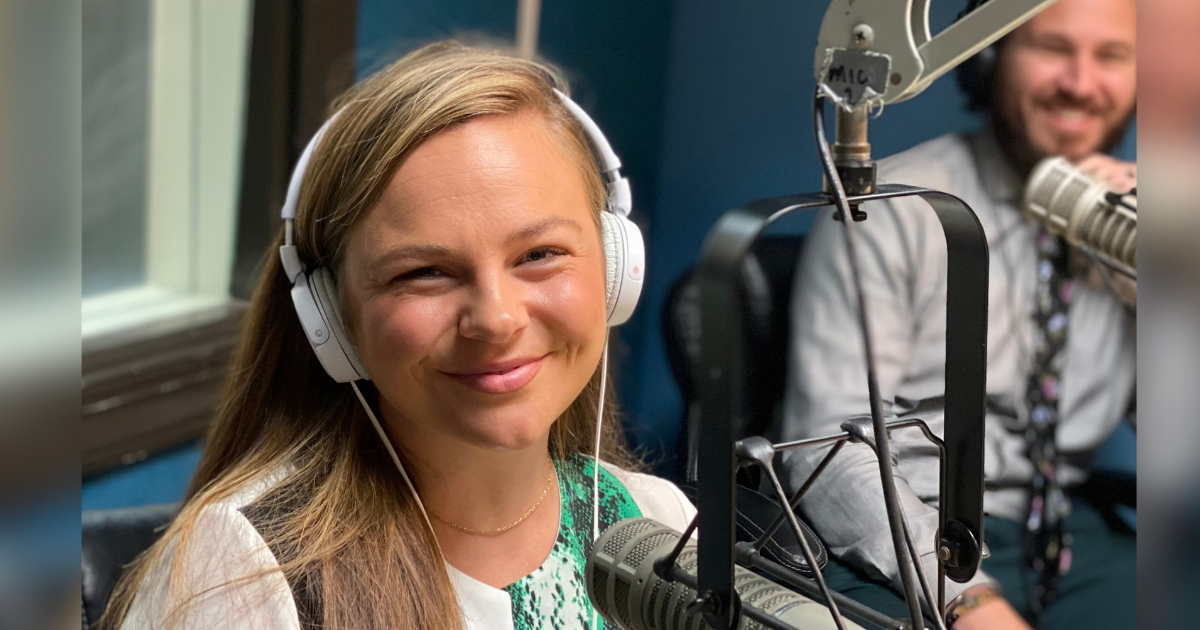Arianna Lavallee is back with advice about what diversification is and how it can impact your retirement.
“Most financial planners that work with risk base equities use strategies that try to increase returns while reducing the risk. And these strategies typically involve diversification into assets that are assumed, uncorrelated. So if one goes down, the other goes up.” said Lavallee.
Diversification spreads the risk of losing money and, in theory, it is supposed to create some protection. But, Lavallee says, there are two significant problems with diversification strategies. The first problem is diversification potentially reduces your gains. The second problem is that equity assets that typically are not correlated, sometimes become correlated.
“When one asset goes down, and the other should go up, they both just go down instead. And this can be really devastating for those who are in or near retirement, because when it goes down, it means you lose money. So, if this is money that you’re counting on for retirement, well, now it’s lost significantly.” said Lavallee.
Lavallee says when you suffer a loss in the market, even a moderate loss, you have three problems.
“Problem one is the lost value. Problem two is time required to make back the loss. And problem three is the challenge of regaining your loss.” said Lavallee.
An example of this situation is if you have a market exposed account of $100,000, and the market drops by 30%, your account has now fallen to $70,000. If the market goes back up the following year by 30%, which is what you lost, are you going to get back your $100,000? If you drop 30%, that account is now $70,000. So the 30% gain is a gain on $70,000. Not on $100,000.
“30% of $70,000 is 21,020 $1,000 added to $70,000 is $91,000. So it would take a 43% gain to get back to where you started at $100,000.” said Lavallee.
Lavallee says this could be a huge loss for people, especially when people calculate to draw out a certain amount from their retirement.
“Oftentimes when we have a significant loss like that it takes more time to recover.” Lavallee said.
Lavallee says the loss is something that many people can’t recover from.
“It’s just something that everyone who is getting ready to retire or is that retirement especially needs to think about.” said Lavallee.
Lavallee says avoiding loss is much more critical than achieving significant gains and making steady average gains is much better than hitting the home run.
“Some people can afford to lose money. But even if you can’t afford it, I mean, do you want to lose it? This is why you have to be careful who you listen to, because it’s much easier for someone to help you lose your money than their own. After all, it’s not their money.” said Lavallee.
Lavallee is a retirement specialist in North Carolina. She works with clients of all ages, but especially those who are 55 and older who are concerned about their retirement.
If you would like to learn more about planning to save for you retirement, contact Lavallee at (844) 461-7233 or you can out to her on her website here.
